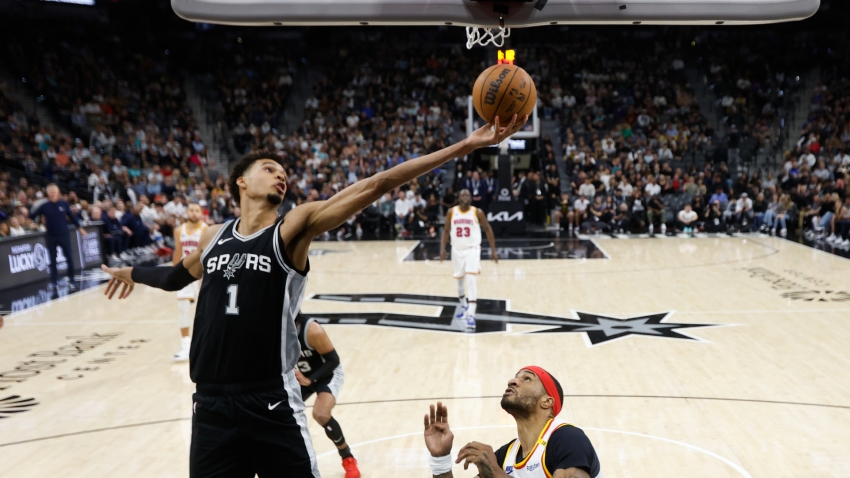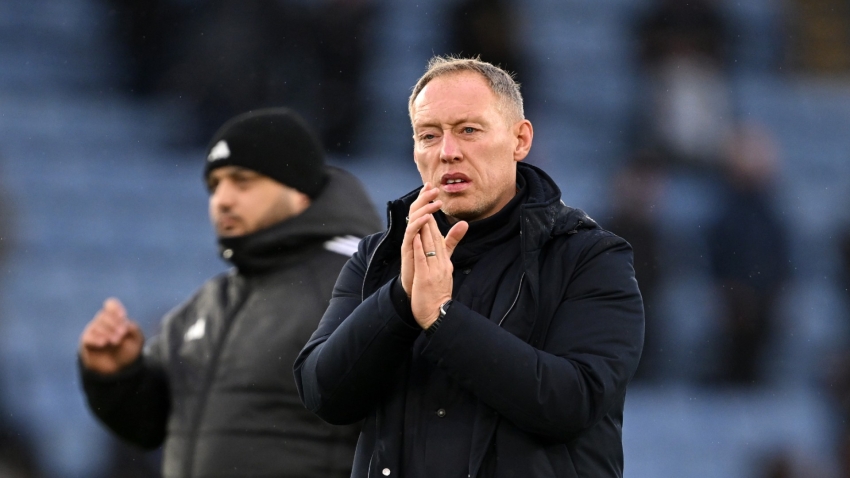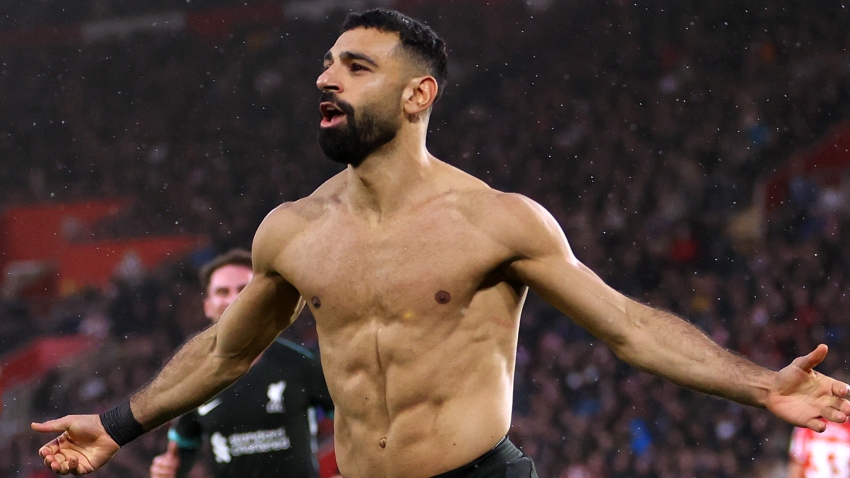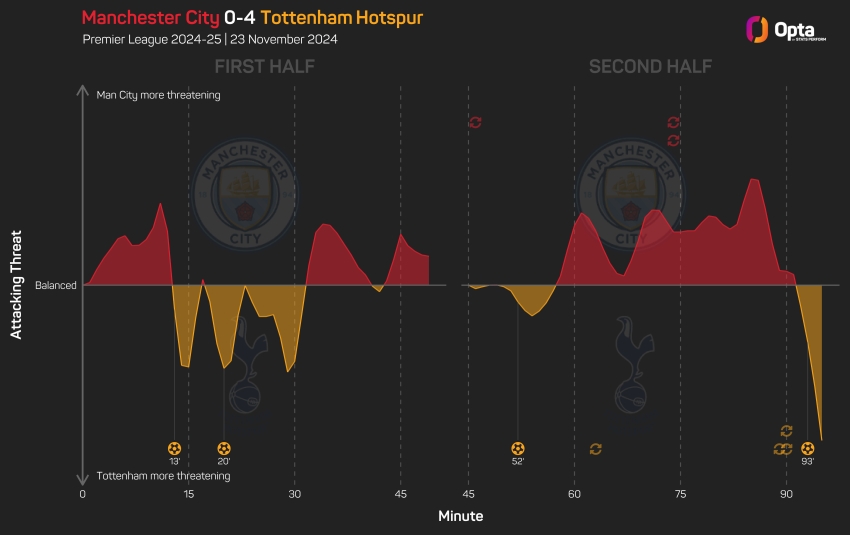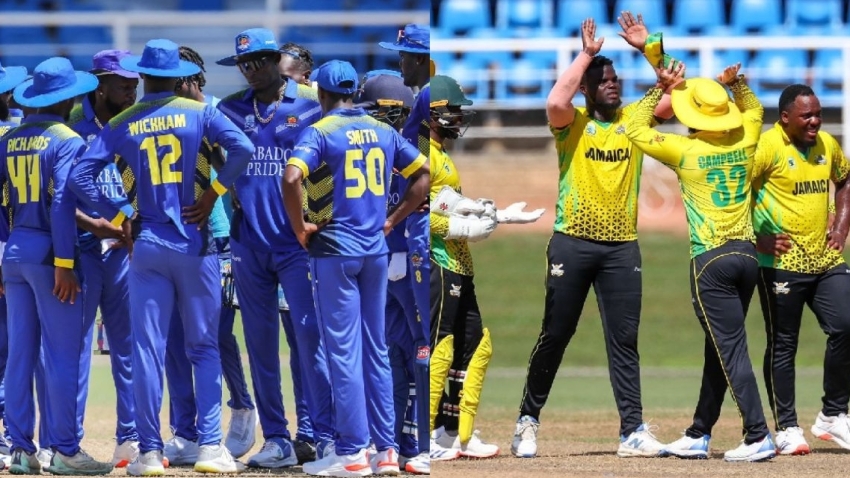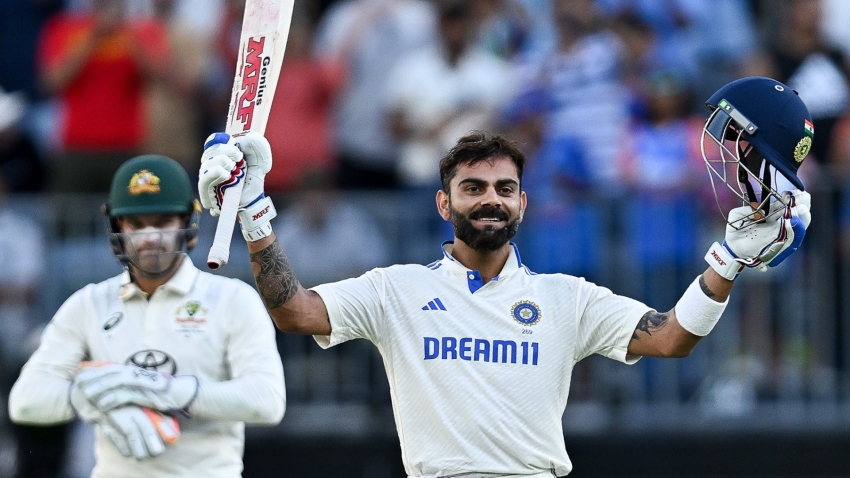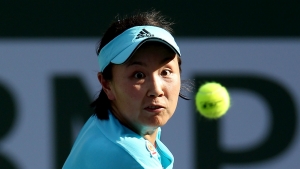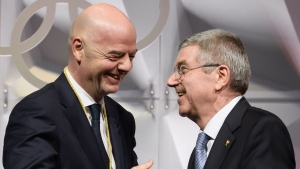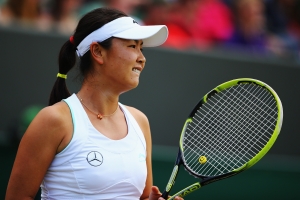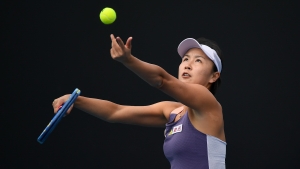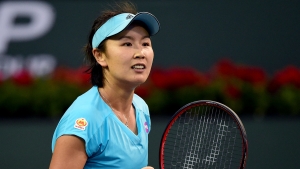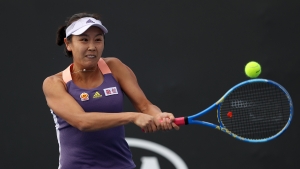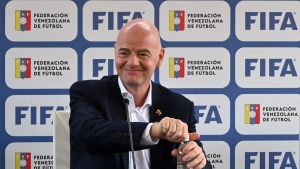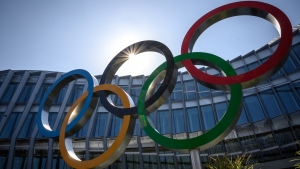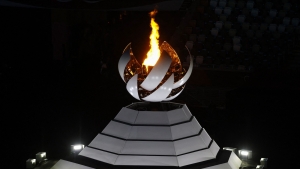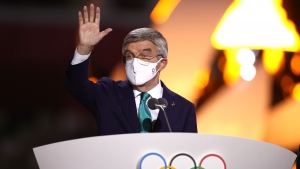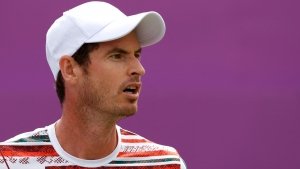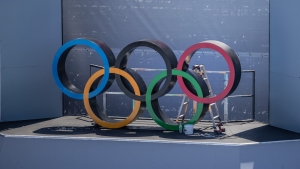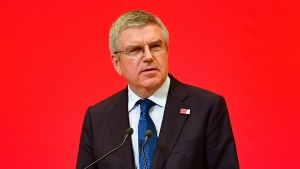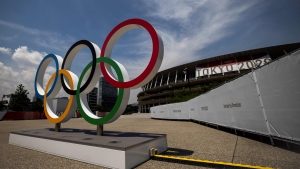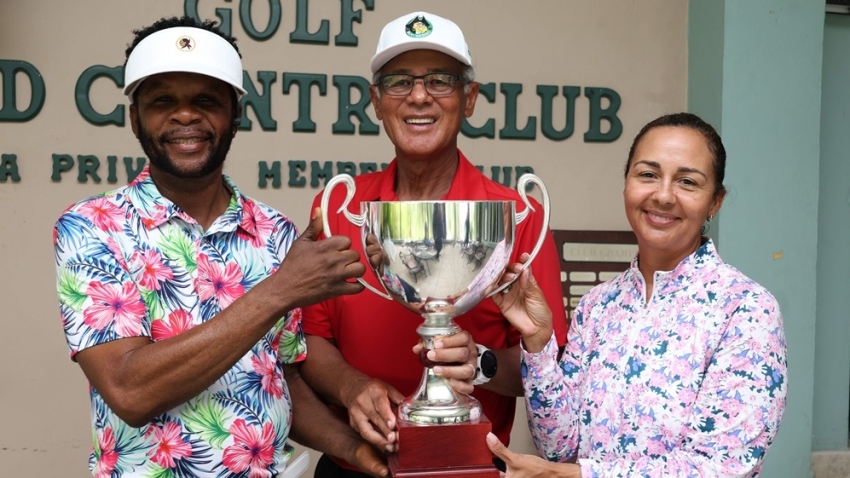Olympics chief Thomas Bach has confirmed he will meet with tennis star Peng Shuai during the Winter Olympics in Beijing.
There has been global concern expressed for the safety, whereabouts and wellbeing of Chinese player Peng, who has competed at three summer Olympic Games.
In December, Peng denied making an accusation of sexual assault against a Chinese government official, saying there had been "a lot of misunderstandings" about a post on social media in November.
That post on her Weibo account, since removed, contained sexual assault allegations against Zhang Gaoli, the ex-vice premier and member of the Chinese Communist Party's Politburo Standing Committee.
Amid concerns for Peng after the accusation, the head of the women's tennis tour, WTA chairman Steve Simon, said he struggled to believe she had sent him an email that claimed the allegations were false and that she was safely at home.
The WTA has since suspended all its tournaments in China.
International Olympic Committee (IOC) president Bach said in a news conference on the eve of the Winter Olympics opening ceremony that 36-year-old Peng was living in Beijing, and that she claimed to be allowed to move freely. He said the IOC would support Peng if she considered an "inquiry" into her circumstances necessary.
Bach's stance throughout has been that "quiet diplomacy" is required, and he did not deviate from that on Thursday. He explained Peng would enter the "closed loop" of the Games, which has been designed to separate the Olympics from the rest of Beijing during the ongoing coronavirus pandemic.
"The answer is, yes, we will have the meeting," Bach said, when the issue was raised in a news conference.
"I'm very happy and grateful to Peng Shuai that she will enter, in order to have this meeting, because she also wanted to have this. We discussed it in November."
Bach said the IOC had previously made contact with Peng "to get to know where she is and as far as possible how she is". He has already spoken to Peng via video link.
"What better way than to have a personal meeting," he added. "This is why already in the first meeting, I said I want to meet personally once I arrive in China, and this will happen.
"It is also not only a sign of respect, but a necessity to respect her and then to listen to her and how she sees the situation, how she wants to live her life. This is what we are step by step trying to find out.
"If she wants to have an inquiry, of course we would also support her in this, but it must be her decision. It's her life; it's her allegations. We have heard the allegations, and we have heard the withdrawal.
"We will have this personal meeting and there we will continue this conversation, and we will know better about her physical integrity and her mental state when we can meet in person. This was the objective of this initiative from the very beginning.
"We say it publicly we have this information, but so far only by video conference. This cannot replace the personal contact and appearance.
"We know from her explanations during these video conferences that she is living here, in Beijing. She's reporting she can move freely, she's spending time with her family and friends, and now we will be able to do the next step in a personal meeting to convince us of her wellbeing and her state of mind."


